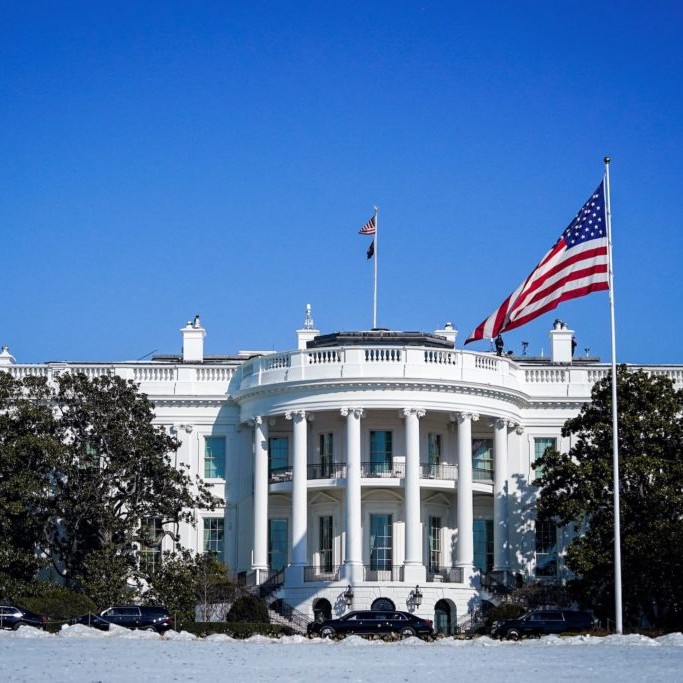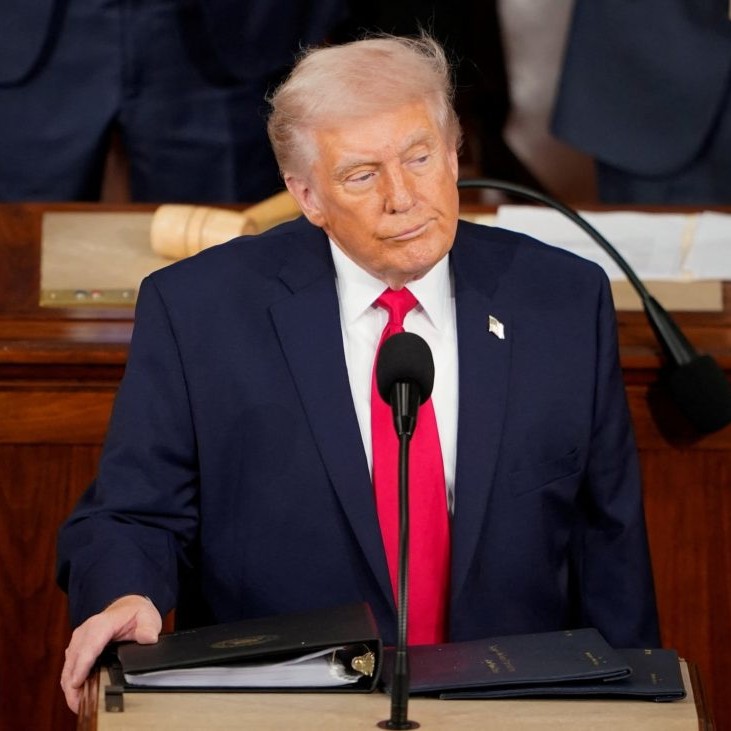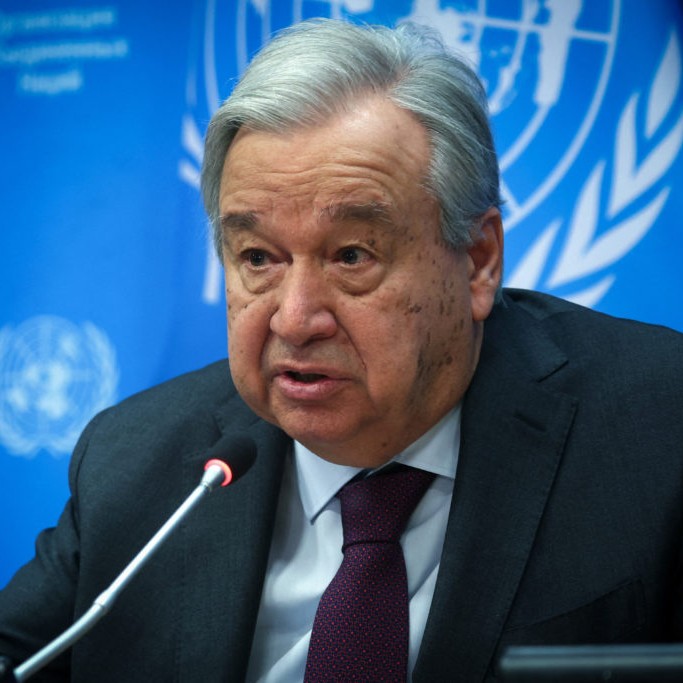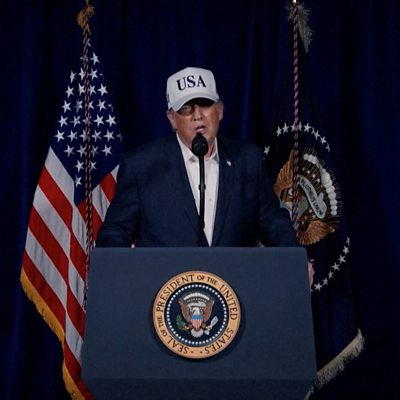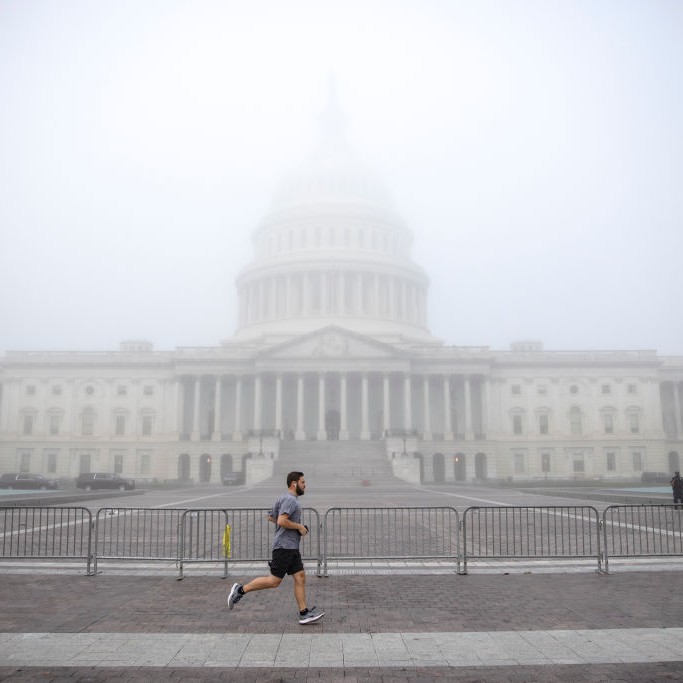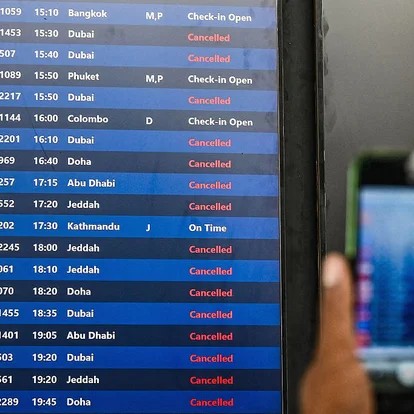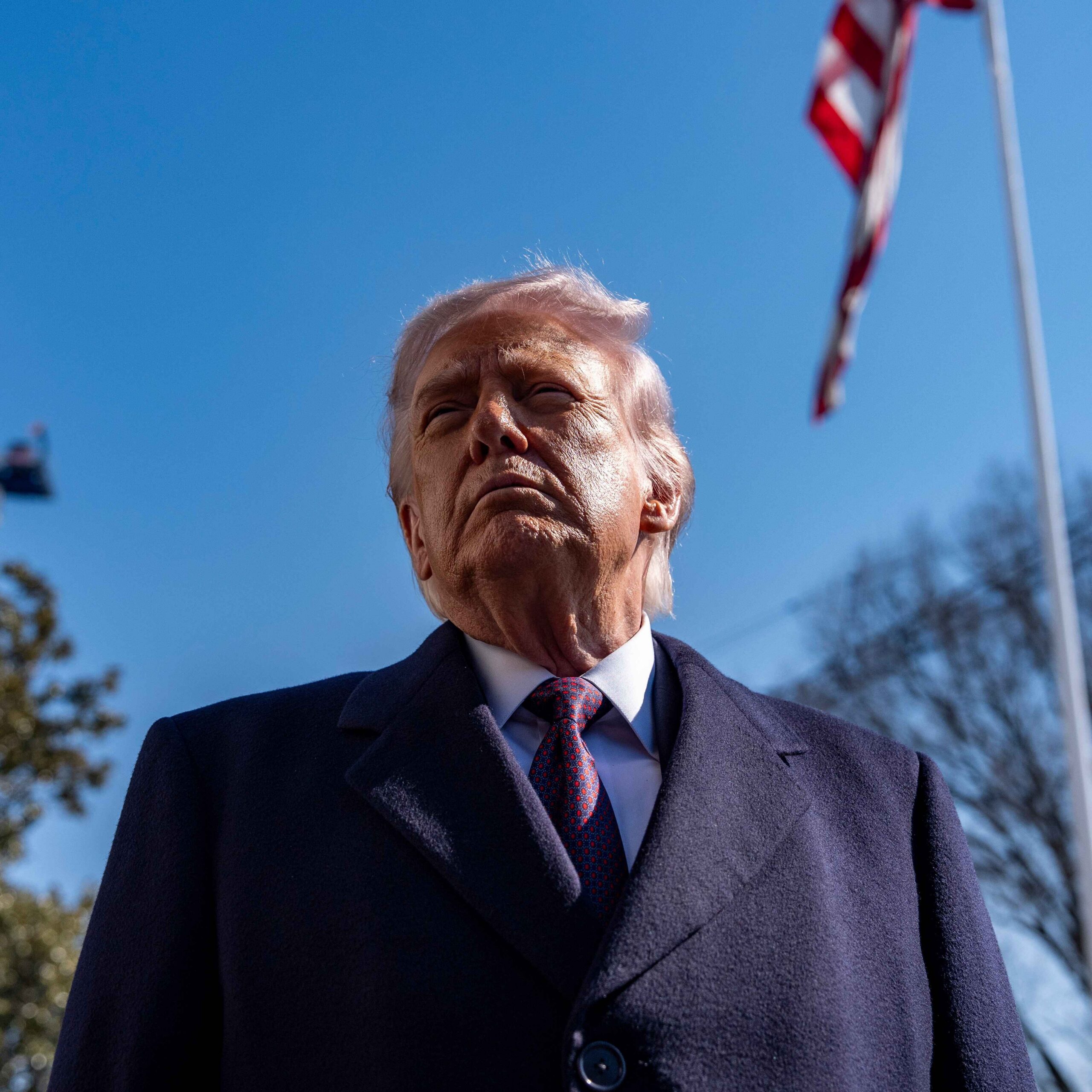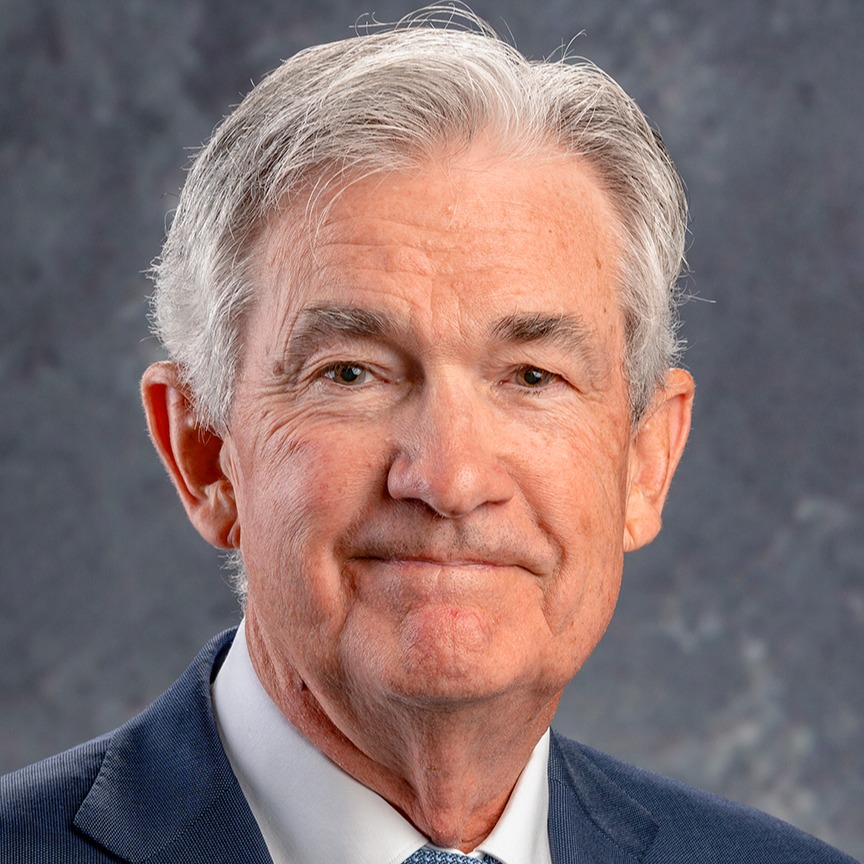
Official portrait of Jerome H. Powell, Chair of the Federal Reserve, 2022.jpg). Photo courtesy of Federalreserve. Public domain.
Federal Reserve Chairman Jerome Powell has delivered a sharp rebuke to former President Donald Trump’s persistent claims that tariffs do not affect American shoppers. In a clear display of institutional pushback, Powell used the Federal Reserve’s recent decision to hold interest rates steady to emphasize that the sweeping tariffs imposed in 2025 are already pushing up prices in some sectors, making any move toward monetary easing premature.
Tariffs and Inflation: The Hidden Price Tag
For months, Trump has reportedly insisted that his tariff policies have not contributed to inflation, even as he repeatedly pressured the Federal Reserve to lower interest rates. However, Powell’s remarks during the Fed’s July meeting and congressional testimony paint a different picture. According to U.S. News, he acknowledged that while inflation has eased in service sectors, the cost of goods is rising, driven in part by the tariffs imposed on imports. Powell explained that the tariffs are generating substantial revenue for the government, but the burden is increasingly falling on consumers as companies pass on higher costs.
Powell noted that the process of transferring tariff costs to shoppers is gradual but inevitable. “We expect to see more of that,” he said, highlighting that companies surveyed have expressed clear intentions to raise prices to cover tariff-related expenses, as reported by The Daily Beast.
Interest Rates Held Steady Amid Inflation Concerns
The Federal Reserve’s decision to maintain the federal funds rate between 4.25 percent and 4.5 percent marks the fifth consecutive meeting without a rate cut, according to Reuters. This move defies Trump’s calls for immediate rate reductions, which he argues would stimulate economic growth and reduce government borrowing costs. Powell and other Fed officials, however, remain cautious, citing the inflationary risks posed by tariffs as a key reason to hold off on easing monetary policy.
Recent economic data show a mixed picture. According to Reuters, consumer spending remains strong, but sectors like housing and construction are weakening under the weight of high borrowing costs. Inflation, while generally cooling, still shows signs of pressure from rising goods prices, including furnishings and apparel, which surged in June and contributed to an annualized inflation rate of 3.5 percent.
Political Pressure Meets Economic Reality
Trump’s frustration with Powell has been vocal and public. He has called the Fed chairman a “numbskull” and a “fool,” according to U.S. News, and even hinted at replacing him before his term ends in May 2026. Despite these threats, Powell has stood firm, emphasizing the Fed’s independence and the need to base decisions on economic data rather than political pressure.
During a recent visit to the Federal Reserve headquarters, Trump softened his tone somewhat, reportedly joking about wanting lower rates but stopping short of criticizing Powell directly to his face. Still, on social media and at public events, Trump continues to push for rate cuts, arguing that the Fed’s reluctance is harming the economy.
GOP Senators Challenge Powell’s Tariff Warnings
Powell’s warnings about tariffs have not gone unchallenged. Some Republican senators have accused him of political bias, suggesting that his characterization of tariffs as inflation drivers is overstated. According to U.S. News, Senator Pete Ricketts of Nebraska argued that tariffs might cause a one-time price increase but would not fuel ongoing inflation. Senator Bernie Moreno of Ohio echoed Trump’s complaints about Powell’s hesitance to cut rates and questioned whether Powell’s views are influenced by politics rather than economics.
Despite these criticisms, Powell reiterated that most Fed officials support cutting rates later this year but want to see how inflation evolves first. He reportedly acknowledged that tariffs could raise inflation but also left open the possibility that the impact might be limited.
The Consumer’s Dilemma
For shoppers, the impact of tariffs is already tangible. Prices for certain goods have climbed, and the Federal Reserve expects this trend to continue as companies adjust to the higher costs of imported materials. While some businesses may absorb these costs temporarily, the general expectation is that consumers will ultimately pay more.
This dynamic creates a core tension between the Fed’s cautious approach and the populist pressure from Trump and his allies. On one side, Powell and the Fed prioritize long-term economic stability and inflation control. On the other, Trump pushes for immediate relief through rate cuts, framing the Fed’s caution as harmful to growth and government finances.
Looking Ahead: Inflation, Tariffs, and Monetary Policy
As the Fed continues to monitor economic indicators, the question remains whether tariffs will significantly derail progress on inflation. The trade deals recently struck with Japan and the European Union, which include lower tariff rates than those initially announced by Trump, may ease some pressure. However, tariffs remain at their highest levels in nearly a century, according to Reuters, and their effects are becoming more visible in household budgets.
Powell’s stance signals that the Fed is not yet ready to loosen monetary policy, despite political calls to do so. The central bank’s focus remains on balancing inflation risks with economic growth, a task complicated by the unpredictable nature of trade policies and their ripple effects.
For consumers, this means that while interest rates may stay steady for now, the cost of goods could continue to rise, reflecting the hidden price tag of tariffs. Powell’s message is clear: tariffs are not just a political tool but an economic reality that is already hitting shoppers where it hurts.
The ongoing debate between Powell’s institutionalist approach and Trump’s populist demands highlights the challenges of managing the economy in a politically charged environment.
References: Fed Boss Slaps Down Trump’s Claim Tariffs Don’t Hit Shoppers | Fed’s Powell Repeats Warning About Tariffs as Some GOP Senators Accuse Him of Bias | Fed expected to keep rates unchanged as it sifts through mixed economic data | Reuters
